Does Caffeine Cause Hair Loss?
Is caffeine the root cause of hair loss? The answer is no.
Caffeine isn't a single ingredient that causes hair loss. It's a group of compounds that can interact with each other and impact your body in various ways. Just as a small change to a recipe can lead to a big difference in taste, so can a change in one of these compounds affect your hair.
In the case of caffeine, the compounds most likely to affect your hair are dehydroepiandrosterone, or DHEA, and dehydroepiandrosterone sulfate, or DHEA-S. These hormones are found in your scalp and help regulate things like oil production and protein synthesis.
They're also produced naturally by your body. DHEA itself is created by your adrenal glands when you stress or exercise — both situations that may also trigger signs of hair loss.
Understanding How Caffeine Works
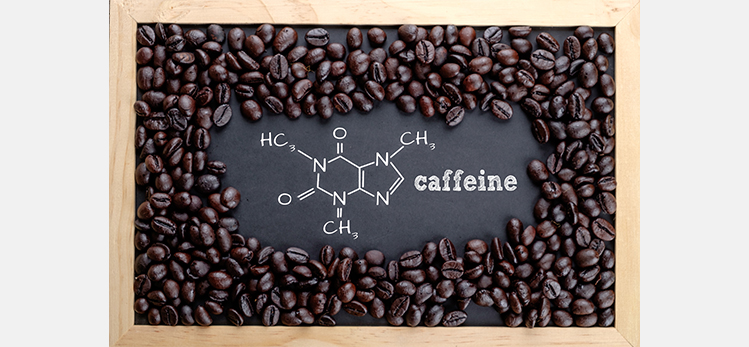
Caffeine acts as a diuretic and also acts as a vasoconstrictor. These two actions can cause hair loss.
Do You Really Need to Cut Down on Caffeine
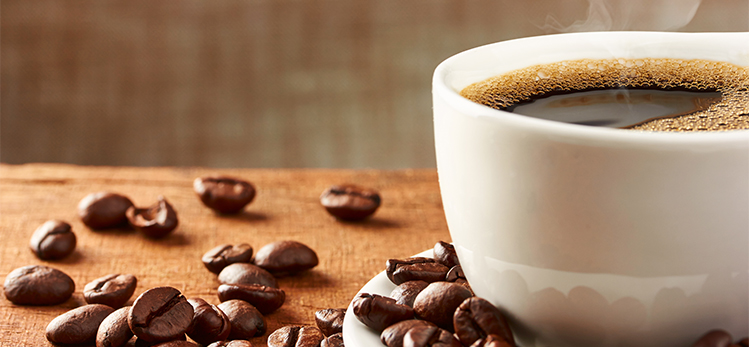
Caffeine is the most consumed psychoactive drug in the world, and it's probably harming your hair health. But don't panic. The reason caffeine causes hair loss isn't that it damages your hair follicles. It's because caffeine interferes with how well you sleep, and that can cause some serious problems.
When you're getting a good night's sleep, your body can produce a hormone called melatonin that tells your brain to turn off the production of cortisol
This stress hormone also has essential functions in regulating your moods and hormones. Cortisol is terrible news for those follicles, so no wonder they start to dry out and break down.
If you're a coffee drinker, you've probably wondered whether caffeine causes hair loss. In the past, it was believed that caffeine could accelerate hair loss. However, recent studies suggest that there's no link between caffeine and hair loss.
Drink Plenty of Water Too
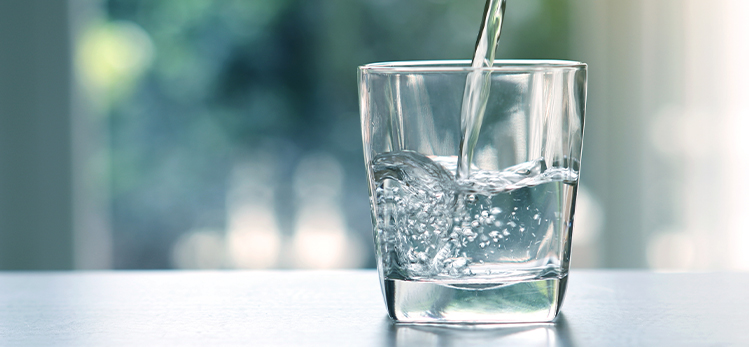
Caffeine, the primary ingredient in coffee, tea, and chocolate, is a diuretic. It can lead to dehydration, which will result in hair loss. To prevent it from happening, make sure you drink plenty of water to stay hydrated. Also, take a multivitamin daily to ensure you are getting enough nutrients. Deficiencies in vitamins can also cause hair loss.
Drinking plenty of water will help flush out toxins from your system and help your body get rid of excess estrogen, which can cause hair loss and hair thinning. It can also help to prevent any dehydration that may be linked to hair loss.
Caffeine and Hair Loss: The Myth and Truth
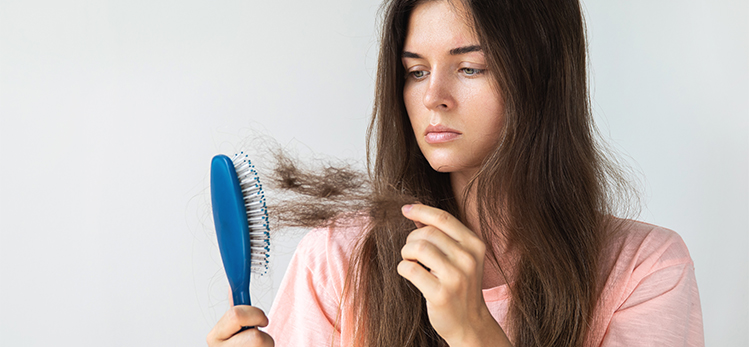
Caffeine can be a double-edged sword. It's one of the most commonly used substances globally and one of the best-known stimulants. But there are other stimulants, like coffee and energy drinks, which you might not think of as "caffeine."
Caffeine may indeed cause hair loss. But it only happens if consumed more than 400 mg per day, which is equivalent to almost 7 cups of coffee.
For most people, losing excess hair through caffeine consumption is not a cause for concern. Caffeine is present in many foods and beverages that people consume without worrying or noticing any side effects. It certainly won't be the culprit of your hair loss if you eat well and exercise regularly.
Facts about caffeine and hair loss:
1. Caffeine causes hair loss only when consumed in large quantities over some time. An occasional cup of coffee or tea will not cause hair to fall out. Caffeine stimulates the body to produce more sebum oil to protect the scalp from dryness. But large amounts of caffeine can cause sebum accumulation, which leads to an increase in dandruff.
Caffeine also increases blood flow towards the scalp, leading to hair growth and premature greying of hair.
2. Hair loss caused by caffeine is reversible if you stop drinking caffeinated beverages. The longer you consume caffeine, the longer it takes your body to get rid of it and recover the normal functioning of your body's organs. Caffeine also suppresses your immune system for up to 48 hours after consumption, which can cause infections or illnesses that need medical intervention. The good news is that you can reduce caffeine intake gradually instead of suddenly stopping.
How are Caffeine and Hair Loss Related (if at all)?
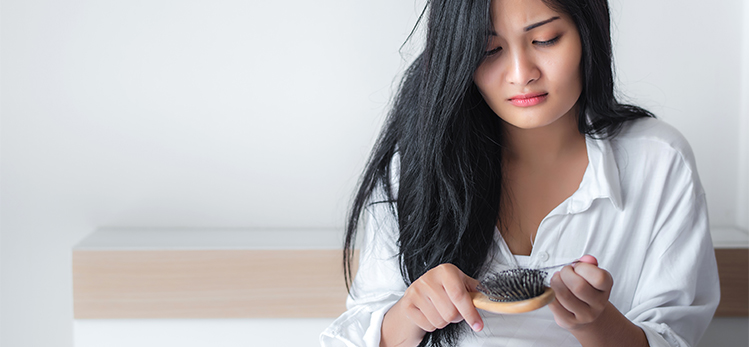
Here are three tips to help you determine if caffeine is affecting your hair:
1) Drinks with caffeine are usually served hot or cold, so check the temperature before you drink to see how it affects your hair. Cold beverages will make hair look thicker than at room temperature because they cool the scalp faster than hot ones.
2) Caffeine is water-soluble, which means it doesn't stay on or inside your hair for very long. However, the more caffeinated you are, the more water you lose through sweat and other bodily functions. That can affect your hair because it dilutes any caffeine that might be left on your hair after you've shaken out your cup.
3) If you have curly or wavy hair, the ends of strands could become dry due to dehydration or other factors. If that's the case, consult a professional to determine whether caffeine might be causing
Conclusion
Don't worry about caffeine causing any hair loss woes. There's no credible evidence that caffeinated drinking beverages (coffee, tea, soft drinks) cause hair loss. But if you guzzle six cups of coffee a day, you can exacerbate other possible causes of hair loss, like stress and poor nutrition.
Myth Busters HairFall
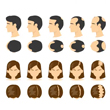
Androgenetic Alopecia - Everything You Need To Know
Have you been experiencing excessive hair fall over a prolonged period of time? It could be an early sign of androgenetic alopecia. It is a hair loss disorder common in both genders and can lead to progressive thinning and even baldness in some patients if not caught and treated early.
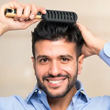
How To Make Hair Grow Faster For Men
A head full of healthy hair is a matter of confidence. Hair has its own mechanism of growing and shedding, and it is when this mechanism is thrown off that growth is hindered. Especially in the case of males, hair growth faces a lot of hiccups that can easily be managed.
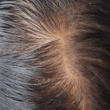
Female Pattern Baldness - Causes & Treatments
Have you suddenly noticed an increase in the number of hair strands on your pillow in the morning? Or is your ponytail getting thinner by day? Well, you might be suffering from female pattern baldness. While that does sound scary, identifying it early on is key to treating this condition effectively. So keep reading to know what this is, how you can identify it, and most importantly, what treatments you can avail of to get your beautiful lustrous hair back.
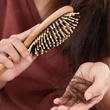
What Are The Reasons For Hairfall?
Almost everyone experiences some amount of hair thinning over the years. Shedding around 50 to 100 single strands of hair per day is considered normal. However, losing more than 150 strands a day, experiencing sudden thinning, or developing circular bald patches on your scalp are reasons for concern. Hair loss occurs when new hair doesn’t grow fast enough to replace the amount of hair you lose daily. Hair can fall due to various reasons, with hereditary hair loss and poor nutrition being the most common hair fall reasons.

Expert Approved Tips For Hair Growth
What can be more debilitating than seeing hundreds of hair strands shedding from your scalp every time you brush your hair? Also, excessive molting occurs during seasonal changes that can be very stressful for you. Although it’s okay to lose between 50-100 strands every day, according to the American Academy of Dermatology, the problem occurs when you start shedding more than normal. But that doesn’t mean you have to feel helpless as there are ways to grow your hair back. Even if you are coping with baldness or alopecia, certain hair growth tips from dermatologists can come to your rescue. Read on to discover how these tips can be your savior when abnormal hair fall problems are in sight.
Trending Videos
+ 4 Sources
LMRC - GGI-CO-A2-DMA-300026127-300026127-WM-J21-282
© 2021 Dr. Reddy’s Laboratories Ltd. All rights reserved.